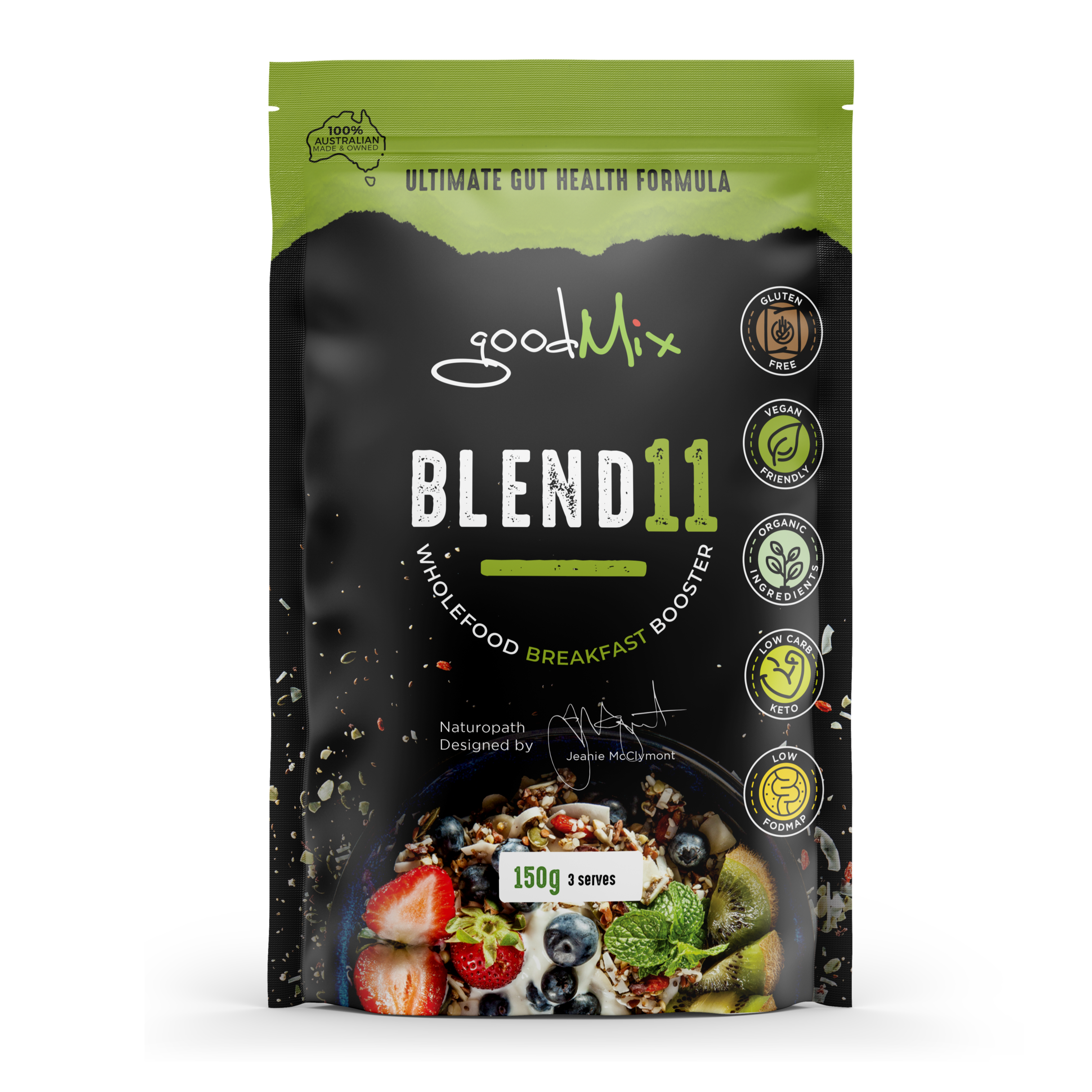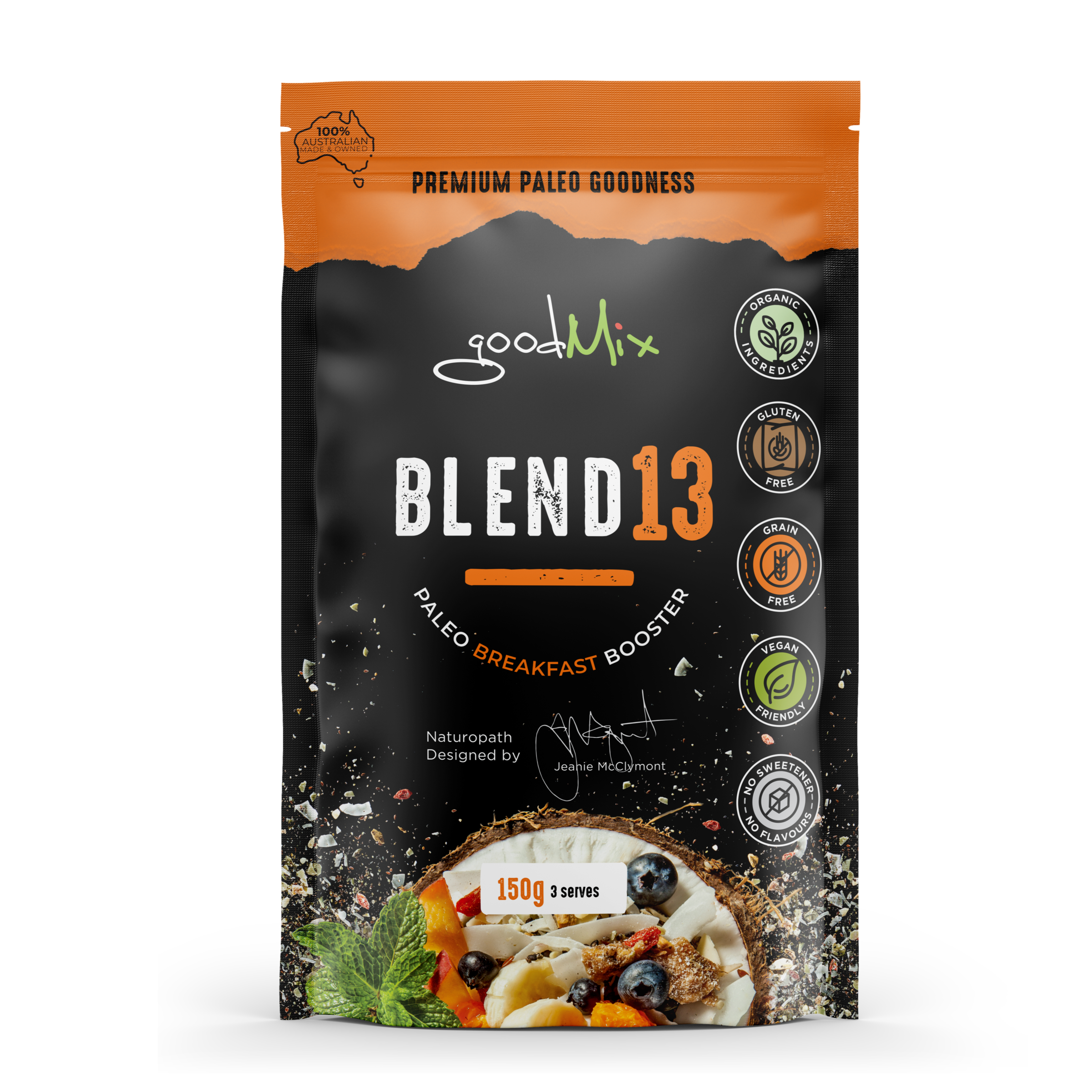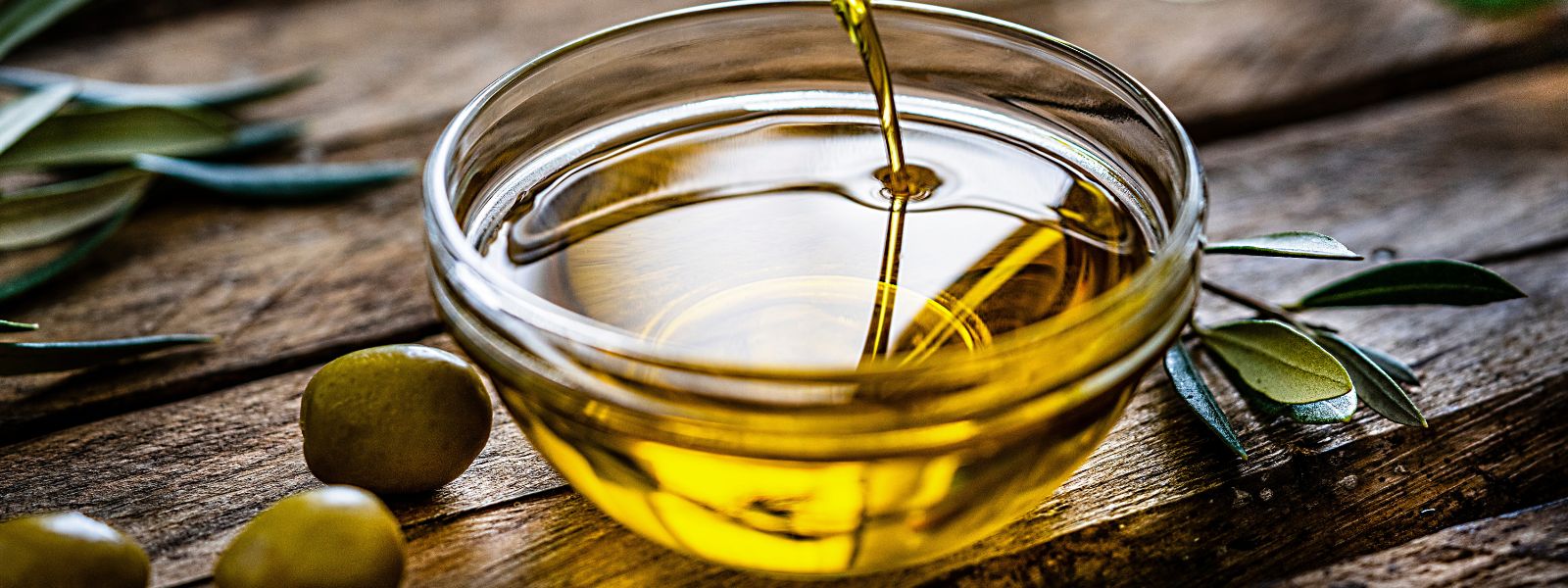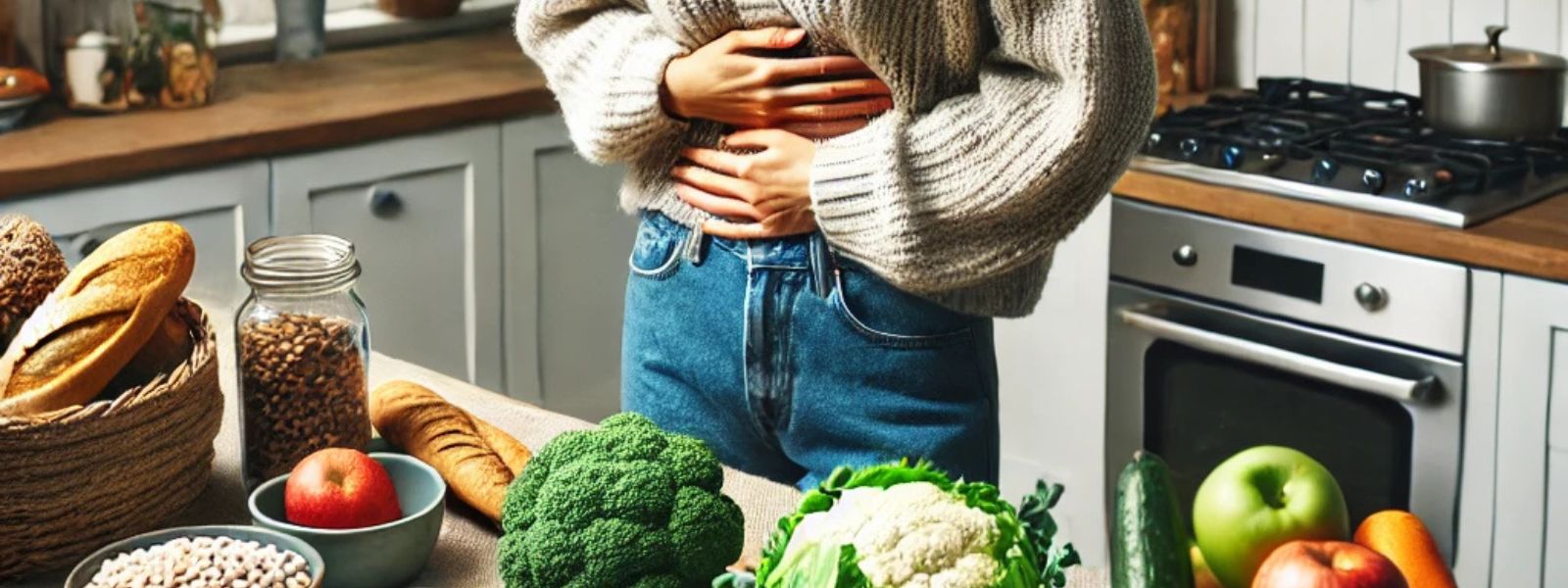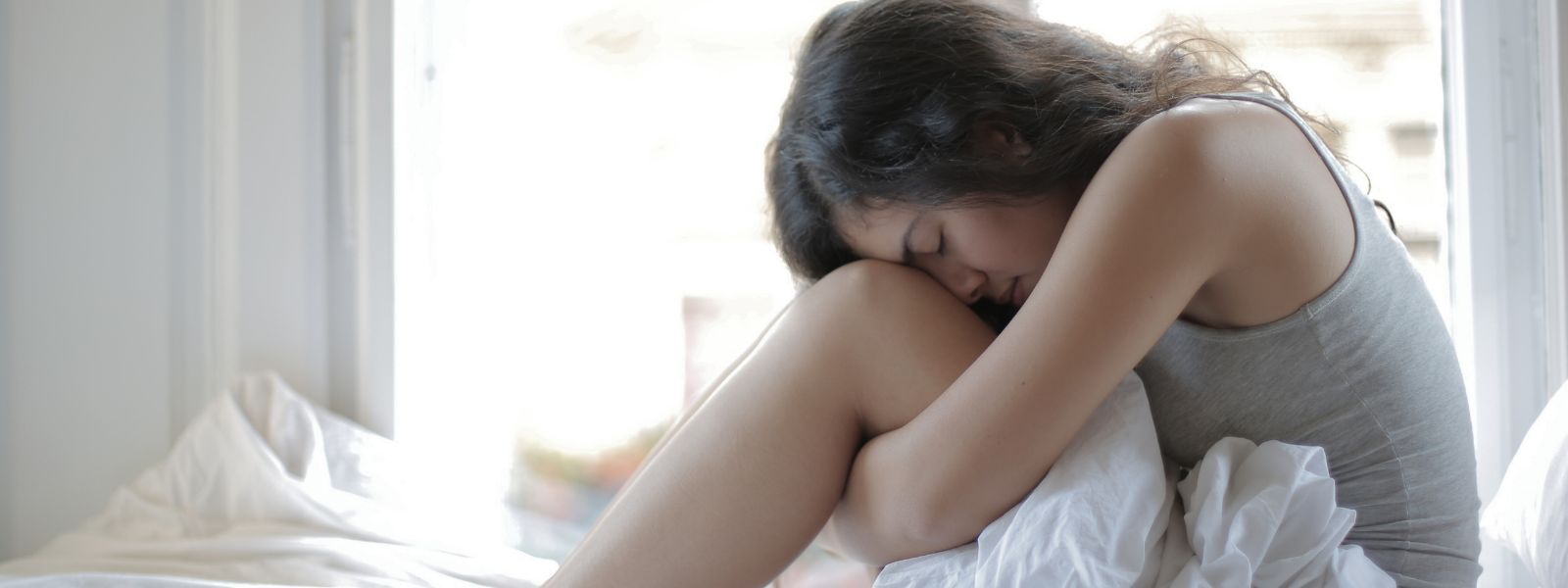
Natural Support for Endometriosis
What is Endometriosis?
Endometriosis or ‘Endo’ (as it’s affectionately known), is a nightmare that affects more than 10% of Aussie females (& even the occasional male) at some painful point, usually starting in teenage years with progressively more uncomfortable menstrual pain & other pain associated with hormonal fluctuations. It involves tissue like the uterine lining (endometrial) tissue growing outside of the uterus (ie the abdominal cavity, bowel, bladder, ovaries etc). This tissue responds to hormonal fluctuations throughout the month, building up & shedding like regular endometrial tissue, causing pain from recurrent irritation, inflammation & scarring.
What Are The Symptoms of Endometriosis?
- Extreme period pain (and often pain at other times, can be daily)
- Very heavy periods
- Spotting before periods
- Painful intercourse
- Pain with bowel movements or urination
- Bloating, abdominal discomfort
- Lower back pain
- Diarrhoea
- Constipation
- Nausea
- Migraines
- Fatigue
- Depression
What is Endometriosis Pain Like?
Endo pain can range from ‘please excuse Jenny from swimming today as she has period pain’ to ‘take me to the hospital I need a general anaesthetic’ or ‘just kill me now’ kinda pain’. It can be extremely frustrating, excruciating, crippling, totally life-interrupting & can hinder education, career, relationships, fertility & sanity. Pain is normally (but not exclusively) in the pelvic region, & may mean intercourse, work, school, socialising and exercising are off the menu a lot of the time. Endo pain has been described by some mothers as worse than the pain of childbirth, so nothing to be sneezed at.
How Is Endometriosis Diagnosed?
Despite the severity of symptoms, for most young women it goes undiagnosed for many years (often 10 or more), which allows the situation to worsen. Because of under-diagnosis, the actual percentage of females suffering with endo may be much higher than the currently recognised 10-ish percent. To get a definitive diagnosis involves laparoscopic surgery under general anaesthetic - not simple. Most try to get by with anti-inflammatory meds, increasing until they just won’t cut it anymore, then maybe something stronger & / or the Oral Contraceptive Pill. These are the normal treatment approaches until surgery is required to remove tissue - which can provide huge relief (until it grows back).
Severely Painful Periods Are Not Normal. They Are a Sign That Your Body Needs Help!
Please - if there are any teen girls in your life suffering with painful periods, urge them / their parents to get it looked into properly ASAP. Very painful periods are not normal, and early diagnosis and smart treatment can make a massive difference for endo progression, if that is found to be the cause. Many a suffering teen girl will think ‘I must be just a sook’ and try to push through the monthly pain and ‘handle it’ thinking that they’re weak because everyone else seems to cope ok with their periods. This is compounded when well-meaning friends and family tell them to ’toughen up’ / get on with life. These girls can end up depressed and anxious, fearful to embrace opportunities they know pain will interfere with, and simply dreading ‘that time of the month’. Heart-breaking for young souls to live with such severe, recurring pain and feel like they are somehow inferior for not coping with what they assume is the norm.
The Endometriosis Gut Connection
Is endometriosis really connected to your gut health? Yep - surprise surprise, like so many other ’diseases’, endometriosis symptoms are strongly impacted by what is happening in your gut. IBS pain and cramping can be very similar to endometriosis pain and cramping - the two are often confused, or can be found together. Around 16% of all teens are thought to experience IBS (most are female). Both endo and IBS can cause severe abdominal pain, uncomfortable bloating and painful or difficult bowel movements. Many women have both IBS and endo (jackpot!!) If your IBS gets a lot worse during your periods, you should look into endometriosis as a possible cause or contributing factor. In one recent study, the Low FODMAP diet (known to help in most IBS cases) was found to significantly improve endometriosis symptoms, so if you do have both endo & IBS (or suspect you may), Low FODMAP is definitely worth a trial - do it seriously with help from an experienced nutritionist / naturopath to help you navigate through and find your triggers . Often a person will have some low level of ‘dis-ease’ happening in their gut, which may not be that noticeable (gut seems to function normally / no problems), but which may form the foundation for another set of symptoms they have going on - like endo.
Endo is one of those chronic conditions you can ‘attack’ from the gut, because it’s an inflammatory disease, with immune dysfunction and hormonal sensitivity. Changing the gut environment can effectively decrease inflammation and help normalise immune function and hormonal balance. When we have a harmonious gut microbiome we’re more likely to have an immune system that ‘knows when it’s needed’ and when to just chill. This is because - if your gut barrier is functioning nicely (supported by a healthy gut microbiome), it will only allow certain things out of the gut and into the bloodstream where the immune system is on high alert. Conversely, when the gut barrier is compromised (often due to / aggravated by microbial issues), a heavier load of inflammatory substances will end up in your bloodstream, your immune system goes into ‘freak-out’ mode, becoming trigger-happy and reacting to all kinds of things that shouldn’t bother it. This makes any inflammatory-immune issues you may have flare up, whether it’s eczema, psoriasis, asthma, arthritis, hayfever...or endo. Calm the gut = calm the immune system = decrease the inflammation = decrease the pain. Focus on your gut, don’t just reach for the painkillers - you’ll get way better results in the long term. And to help calm the gut, mental / emotional support is paramount too.
Why Painkillers Can Make Endometriosis Pain Worse
Using NSAID’s (non-steroidal anti-inflammatory drugs like nurofen, aspirin, ibuprofen, naproxen etc) for endometriosis will reduce inflammation & pain in the short term but with continued use they will INCREASE inflammation by damaging the all-important gut lining. Inflammation leads to pain, leads to pain relief meds, leads to leaky gut, leads to more inflammation, more pain…and so on…not a cycle with a happy ending (except if you’re selling the pills)! Anti-Inflammatory drugs are not an effective solution to a chronic inflammatory disease. Great to use for one off / occasional acute painful inflammations, but not for long term stuff if there’s another approach available (and there is a naturopathic approach for endo)! Codeine type painkillers pose a real risk of addiction, often not communicated when first prescribed - especially important for young teens who may be struggling with depression. They also cause constipation / bowel dysfunction & as a result can increase oestrogen load. Gut microbes are heavily involved in oestrogen metabolism and excretion, and when the bowel is sluggish and lacking in microbial diversity, more oestrogen is reabsorbed back into circulation rather than being excreted. These oestrogen-influencing gut microbes are known as the ‘oestrobolome’. Good to know that if we modify gut microbes and gut function, we can modify blood oestrogen levels - which can obviously have a huge impact on endometriosis flares, as it is an oestrogen-fuelled condition.
The Pill For Endometriosis
The OCP may slow / stop the disease from worsening, by blocking the monthly oestrogen-induced flares, but once ladies decide they do want to be fertile, & go off the pill - their reproductive communication system has some serious catching up to do! During teenage years, the menstrual cycle is getting established - this requires communication between the brain & ovaries. Taking the pill stops this communication, stops the cycle from developing, so instead of a natural rhythm forming, you just get a fake period with no ovulation. No natural cycles happening, interrupted reproductive development. The pill hormones are not identical to the ones we make naturally, there is a list of benefits we miss out on, & a list of side effects that can come with taking the pill:
Common Side Effects of The Pill
- nausea
- spotting
- bloating
- fluid retention
- weight gain
- headaches
- tender breasts
- mood swings
- depression
- impaired bone density
- decreased libido
Heavy / irregular periods are common and to be expected in teen girls, it’s part of their reproductive development that should be allowed to happen naturally. Obviously if there’s danger of pregnancy - contraception is vital, but otherwise I would run a mile from the pill, definitely give preference to non-hormonal contraceptives. Endo progression will likely be slower with the right OCP, but there are much better ways to address it (without the list of side effects)! Other drugs (Lupron and Synarel) are commonly used to suppress oestrogen and decrease growth of stray endometrial tissue, these can absolutely help sufferers, but also have a long list of side-effects and do not allow a natural female cycle to occur. They are mostly used post surgery to slow down the regrowth of tissue.
Natural Endometriosis Support
Best to get help from a professional (ie a naturopath or integrative GP specialising in women's health), but here are a few things to look into:- awareness that painful periods need attention (not just drugs to mask the pain!)
- optimise oestrogen metabolism (support bowel and liver with regular diverse fibre, probiotics, herbs to ensure regular bowel movements)
- trial a Low FODMAP diet (can help identify triggers and influence gut function)
- anti-inflammatory diet (more detail below)
- get off gluten, dairy, sugar & alcohol for a min of 8 weeks - see how your symptoms go.
- bone broth (organic bones)
- test for and remove any other possible food intolerances
- decrease saturated fats & red meat, decrease animal protein (more plant based diet)
- find a gut-repair type product (look for l-glutamine, zinc, aloe vera, slippery elm etc, or ask a naturopath)
- decrease / eliminate poor quality ‘junk food’ with its inflammatory fats, sugars, refined carbs.
- eat / juice use loads of turmeric, though a high strength capsule will be best for quick pain relief
- eat / juice / use loads of ginger
- fermented foods - sauerkraut, beet kvass, kimchi, kefir, kombucha.
- proper regular exercise (when not in pain, make the most of it and be active)
- get plenty of sunshine (vit D)
- magnesium (can be rubbed into skin, bathe in mag salts or take as a supplement)
- oily fish eaten often, or cod liver oil supplement
- flaxseed (whole soaked seed, or ground seed - not just the oil)
- fibre support for the gut - crucial to move bowels regularly
- liver herbs (naturopath / herbalist can help)
- veggie juices
- treat complications / secondary stuff ie check iron & B12 (often low due to heavy bleeding)
- mental emotional support (stress management, meditation training, deep breathing, counselling, massage, relationship support, reconnection with good friends, joining support groups, etc).
